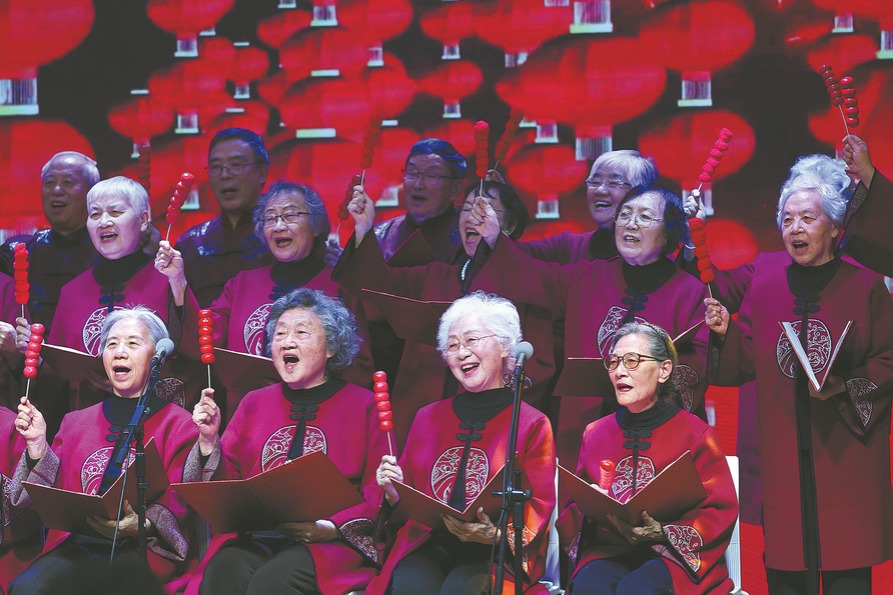Blind Devotion


Award-winning filmmakers such as Jia Zhangke and Lu Chuan have made invaluable contributions to the documentary as consultants, she says.
One of Ya Ni's interviewees is Liu Hongquan, 51, who was born blind. He enjoyed listening to local folk music when he was a child and taught himself to play the erhu and the suona, a double-reeded horn.
However, Liu's father opposed his wishes to become a folk musician. After graduating from a school for the visually impaired in Taiyuan, capital of Shanxi, in 1992, Liu became a masseur, a common job for blind people. After Liu's father died in 1995 he quit that job and joined the Zuoquan Blind Men's Publicity Team, of which he is now a leader.
One of those who was with Ya Ni when she first heard the men perform in 2002 was Tian Qing, a musicologist, who has mused on what makes their performances so powerful.
"The honesty of their music has touched me so much that it has brought me to tears," he has said."It's as if they sing to the sky not only with their voices but with their hearts as well."
One of the songs that has particularly impressed Tian is performed by Liu. It is titled Guang Gun Ku (A Bachelor's Bitterness) and tells 12 sad stories of a single man over 12 months. The song remains a staple of the musicians' repertoire.
Tian, who has dedicated himself to researching, collecting and recording Chinese folk songs, says Zuoquan is well-known for its rich resources of folk songs, and blind musicians are accorded a special place in Chinese music.
One of the best known blind musicians in China is Hua Yanjun (1893-1950), also known as "xia zi Abing" (blind Abing). He composed Erquan Yingyue (Moon Reflected in the Second Spring), one of the most well-known Chinese musical works, which is often performed by contemporary musicians and orchestras.
"Every blind musician has a story to tell," Tian says."In their lives they have tasted a lot of bitterness, which is perhaps why their music is so powerful and touches listeners so deeply."




































